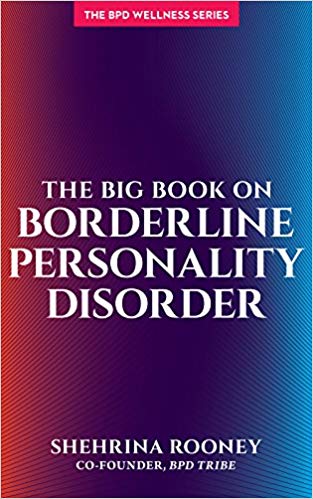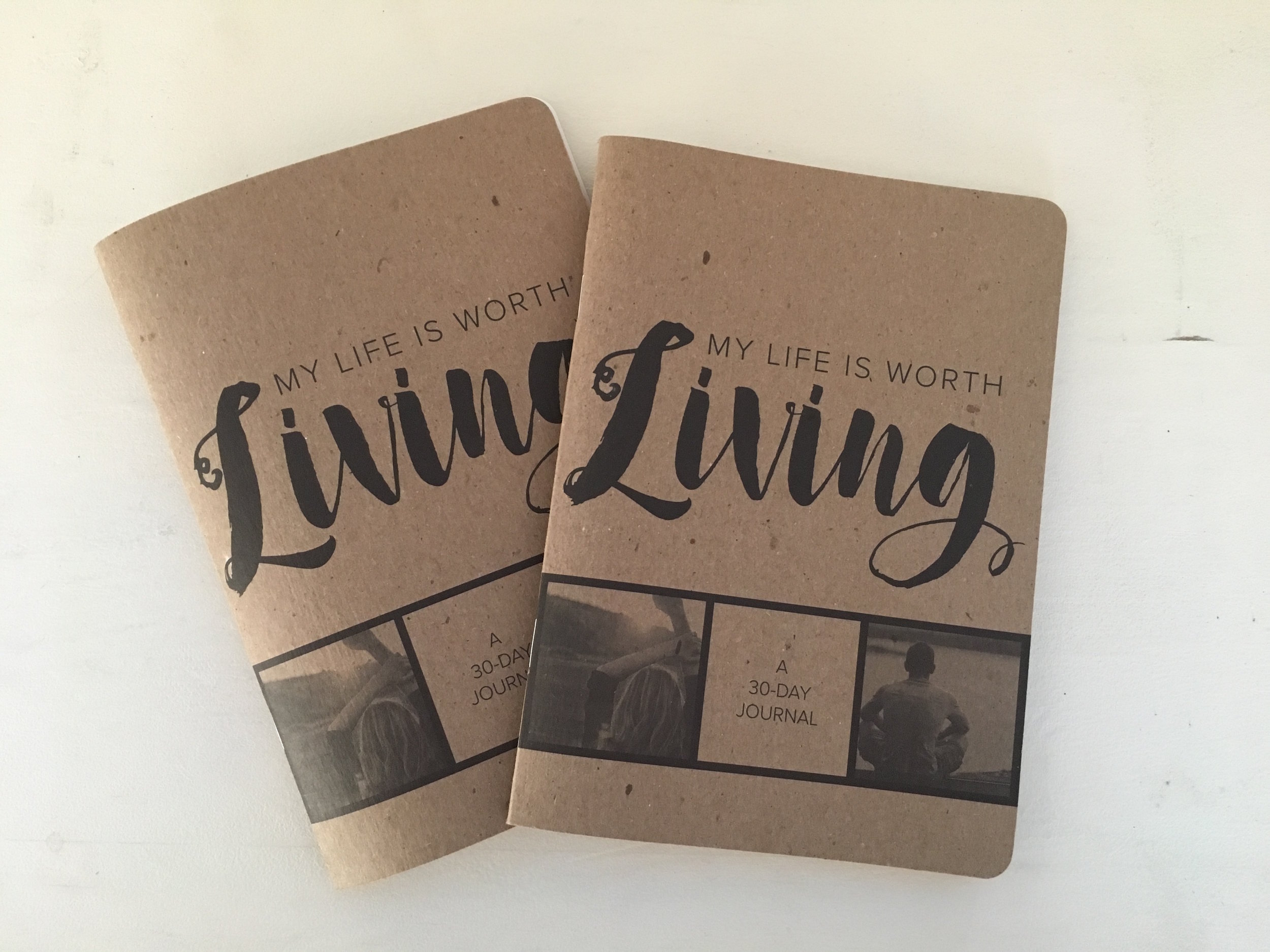Yay! I love new books that I can recommend to my clients and their families. Please share this book with others. —Amanda L. Smith, LCSW
Tell us about Recovery Mum—your YouTube channel. How did you get started?
I was new in recovery from drug addiction and had just completed seven months as an inpatient at a 12 step rehab. When I left treatment I threw myself into 12 step meetings, doing at least one a day. Nine months after leaving treatment, my children who had been living with my Mum, came back to live with me. When I would tell them I needed to do a meeting I would be met with cries of “please stay at home with us Mummy! We like it when YOU get us to sleep”. I felt torn as I knew that my recovery was vital but I also knew the kids were too young to understand that. I started to think of all the other Mum’s out there that also struggled to attend meetings. That’s when I decided to set up Recovery Mum. I thought I would share my stories with people in the hope that it would help them. Initially I thought the channel would be more drug and alcohol recovery based, but in a short period of time I realised just how many people out there suffer with BPD. I honestly had no idea! I also realised that the same concept could work with people with BPD – one person in recovery helping another, just as fellowships such as AA and NA work. My channel now focuses on all the issues that I have personally struggled with, such as BPD, addiction, depression, post-partum depression, anxiety and an eating disorder.
Who is The Big Book on Borderline Personality Disorder intended for? Whom did you have in mind as you were writing it?
When writing The Big Book on Borderline Personality Disorder, first and foremost at the front of my mind was those people who are still in the grips of this disorder. I wanted to not only help them understand the disorder and therefore themselves a bit better, but also to give them a message of hope. Going back 10 years ago, I never believed there was a way out of the hell that I was living in and for a long time I didn’t see the point in treatment as I thought it was pointless. I want others to know that there IS a way out.
Secondly I wanted to help loved ones of people with BPD understand this disorder. Outsiders only see our behaviours – they don’t know the thoughts and feelings we have that are driving these behaviours. That’s why I have included our thoughts and feelings as well as our behaviours in each chapter describing the BPD traits.
Was writing The Big Book on Borderline Personality Disorder personally challenging to write?
Believe it or not, I didn’t find it too challenging. I have spent the last few years talking about BPD on my YouTube channel so much that a lot of the information is just there, fresh in my mind. Obviously some days were better than others, where the words would just flow, followed by days of being stuck on one paragraph!
What was a typical day like for you when you were writing The Big Book on Borderline Personality Disorder?
A typical day would be me waking at 7am and rushing around to get the children ready for school. Once back home, I would open up the laptop and start writing. Lottie, my 1-year-old would be playing in the same room so I would try and alternate between writing and playing with her. Once Lottie went up for a nap I would film a video for my YouTube channel and then get back to writing until it was time to do the school run again. As soon as I walked back through the front door I would go straight into the kitchen to begin making dinner. It wasn’t until all 4 children were asleep after each having stories read to them that I could start writing again. I would try and write most evenings. Literally every spare moment I had needed to be spent writing! I completed the majority of the book in just over three months.
What has made the biggest difference for you in your recovery?
Having balance and a routine in my life! I never used to know whether I was coming or going. I was taught in rehab that if we make a daily plan and stick to the plan we won’t go off plan! This helps keeps us safe from relapse. Being spiritual has also been incredibly beneficial. The wonderful thing about spirituality is that there is no right or wrong way of doing it – you just do what feels right for you. For me that is keeping check of my behaviours and thinking of others – basically, be nice.
What do you wish everyone could know about borderline personality disorder?
That we can recover from it and go on to lead very happy lives.
What's the most important thing for family members to know about borderline personality disorder?
That we don’t choose to have this disorder and we don’t behave the way we do because we are nasty people – we are people that are suffering with overwhelming and intrusive thoughts and feelings that are so intense we feel them physically as well as mentally.
What advice would you give to your 18 year-old self?
I would tell myself that I have an inner strength I am not yet aware of. I would tell myself to not give up, no matter how bad things seem to be, there is light at the end of the tunnel – it’s just that I can’t see it yet, but it’s there.
What advice do you have for someone who has just been given the diagnosis of borderline personality disorder?
Don’t panic! This is NOT a life sentence! Recovery IS possible – and be careful when googling BPD as there is a lot of misinformation out there. I would say that if the information seems negative, stop reading it. There are a lot of people out there that have been hurt by someone with BPD and due to this hurt they can be really angry – often posting information that is very one-sided, inaccurate and damaging for someone in early recovery to read.
What is the most effective way for you to self-soothe when emotions are running high?
For me, going to the beach and watching the waves is so calming. I feel so small when looking out at the ocean and it really helps me connect to something bigger than me, a higher power.
When I start to feel my mood dropping I also self soothe by having a movie night on my own. I order Chinese food to be delivered, snuggle under a blanket on the sofa and watch a comedy that’ll make me laugh. I feel so relaxed afterwards.
What inspires you the most?
My Mum is my inspiration. She stood by me when so many others didn’t. My brother has been diagnosed with a progressive degenerative brain disease and he is slowly losing his motor skills, talking, walking, eating, etc. My Mum looks after him now and still finds time for her grandchildren, a children’s charity, work, friends and family – she is literally super woman.
What music is currently on your playlist?
I have such a variety of music that I listen to – everything from 60’s tunes by The Temptations, Ben E King and Aretha Franklin, to Ed Sheeran, Taylor Swift, Meatloaf, Eminem, Dappy, Madonna, Rihanna, Backstreet Boys, Il Divo, Rag n Bone Man, DJ Khaled and Justin Bieber! I’m listening to The Greatest Showman album a lot at the moment! I don’t have a favourite ‘type’ of music – it all depends on my mood.
Recovery from BPD really is possible. Congratulations, Shehrina! Check out her book by clicking here. If you are in the United Kingdom, click or tap here to purchase Shehrina’s book.












